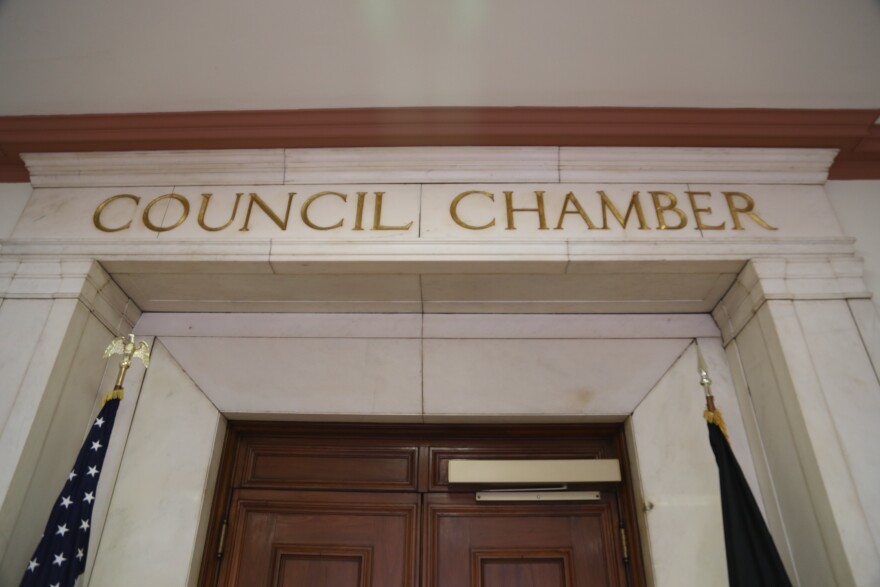After Pittsburgh City Council voted to extend the city's Declaration of Disaster Emergency on Tuesday, the city will continue through May 5 its stay-at-home and social distancing orders to combat the coronavirus. But the conduct of the meeting raised questions about whether council was following rules ensuring public access to proceedings.
Council began meeting remotely last month, as fear of the coronavirus spread. One councilor and the city clerk would be present in council chambers while other members called in: Members of the public were barred from council chambers, and much of the City County Building, but were able to watch the proceedings livestreamed on a city website. But council President Theresa Kail-Smith said she worried about that approach because it required other employees to come in to make sure the meeting ran. So on Tuesday, council met using Zoom video chat instead, posting footage of it on YouTube shortly afterwards.
But some experts in government transparency said that approach could violate the state Sunshine Act, which requires official meetings to be open to the public.
"When an agency has the ability to use Zoom or a similar service to conduct a public meeting and chooses not to make the live-stream public in real time, I think that's a serious issue," said Erik Arneson, the executive director of the state's Office of Open Records.
He said in a time of crisis, transparency is especially important.
"Transparency builds trust," he said. "Any agency that is struggling with various options when it comes to holding public meetings, I would encourage them to err on the side of transparency."
“This is problematic, especially if they live streamed their meetings before,” said Melissa Melewsky, a lawyer with the Pennsylvania NewsMedia Association. She said that meeting remotely is acceptable when necessary, but “public participation has to be available.”
“Smaller cities have made their meetings accessible to the public. So Pittsburgh should be able to do it as well,” she said.
Kail-Smith said she wants the meetings to be open to the public, and has concerns about residents not being able to access the meetings and give public input.
"I’m not comfortable with us doing meetings this way. There’s got to be some way for us to be six feet apart" and have a meeting, she said. She said she hoped that "members of the media would be able to listen in next week" in real time.
For now, she said, members of the public can email in their public comments to the city clerk's office. But she said she may change council's approach next week.




